Figures & data
Table 1. A guide to critical feminist poststructuralism.
Figure 1. Linguistics patterns for the label survivor in the discourse of Identity.
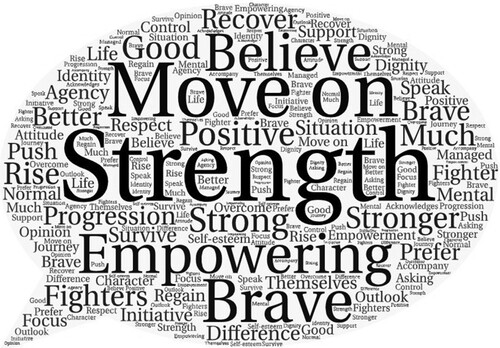
Figure 2. Linguistics patterns for the label victim in the discourse of Identity.
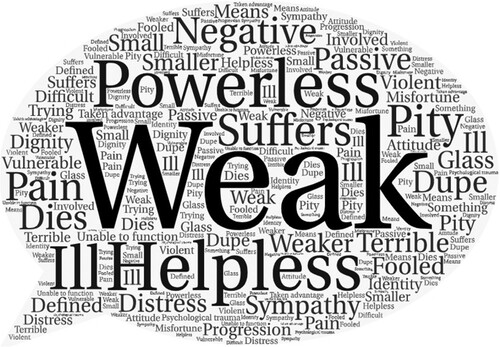
Figure 3. Linguistic patterns for the label victim in the discourse of Blame.
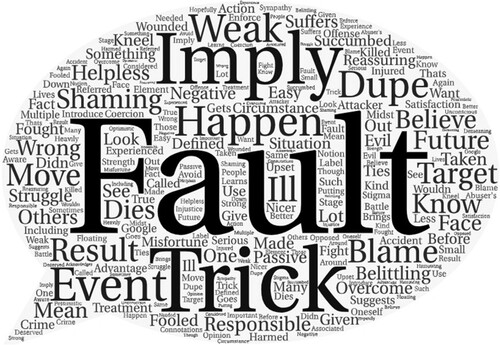
Figure 4. Linguistic patterns for the label survivor in the discourse of Blame.
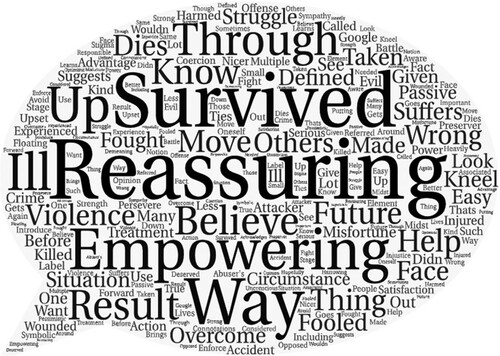
Figure 5. Linguistic patterns for the label victim in the discourse of Severity.
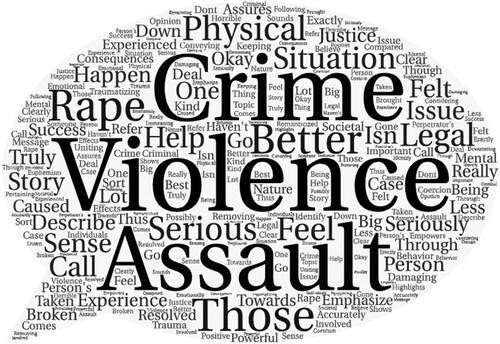
Figure 6. Linguistic patterns for the label survivor in the discourse of Severity.
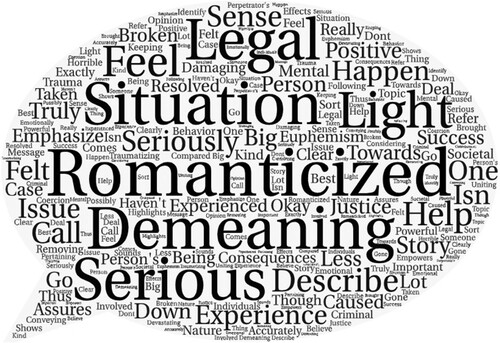
Figure 7. Linguistic patterns for the label survivor in the discourse of Survival.
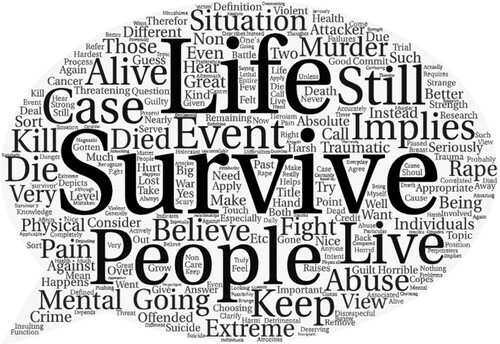
Figure 8. Linguistic patterns for the label victim in the discourse of Survival.
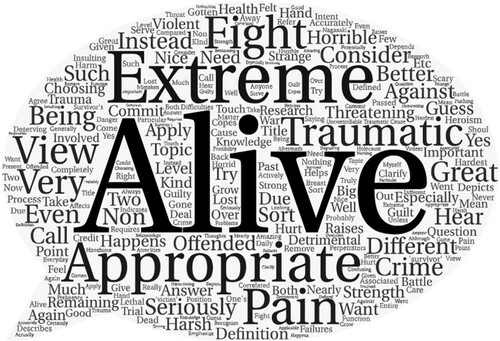
Manuscript figures_Revisions.docx
Download MS Word (2.7 MB)Data availability statement
The data that support the findings of this study are available on request from the corresponding author ([email protected]), the data are not publicly available due to ethical restrictions and the data containing information that could compromise the privacy of research participants.
